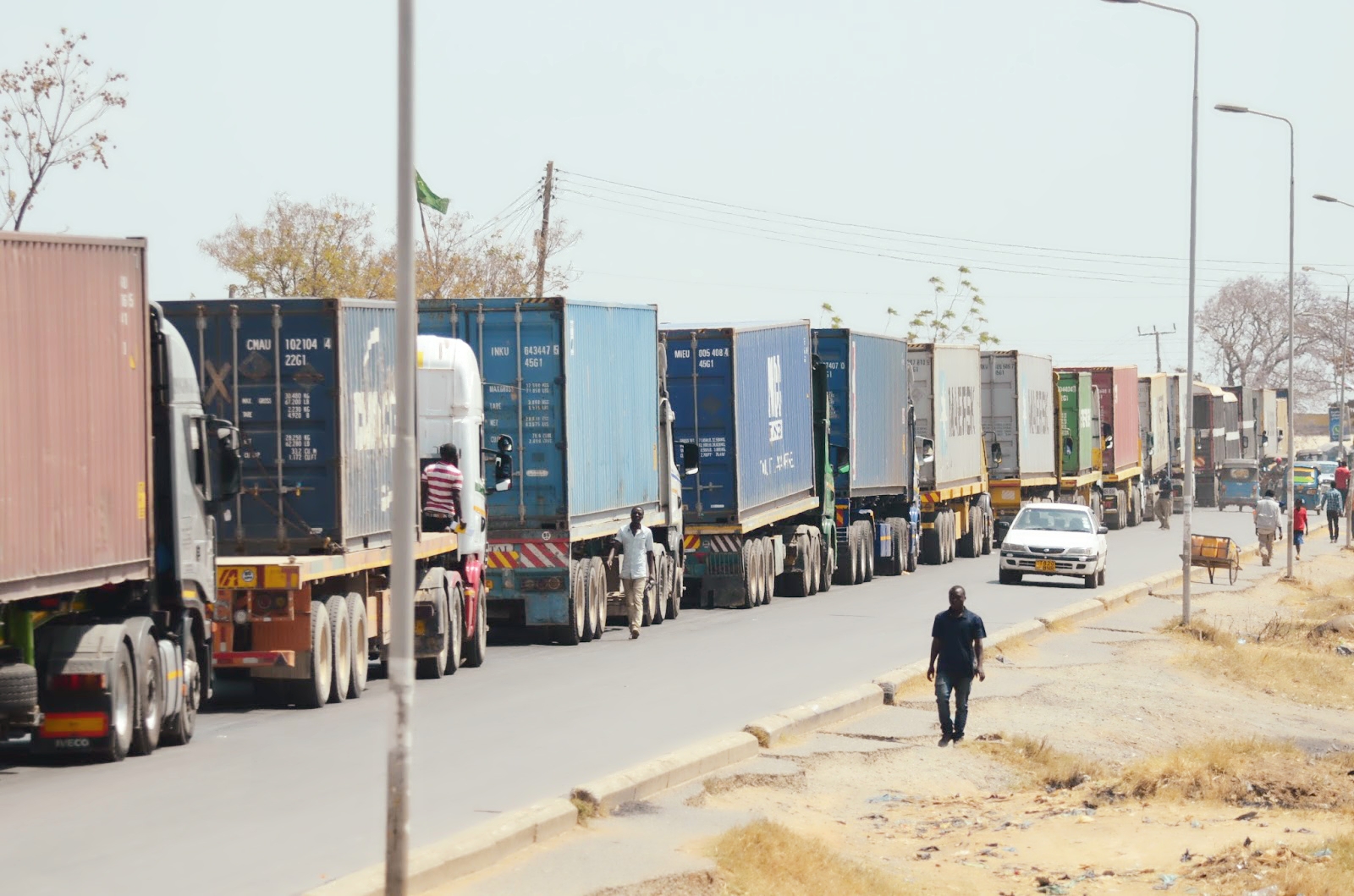Strengthening farmers’ seed system through ‘open source’

A smallholder farmer, Ms Elizabeth Petro, prepares vegetable seeds in Tanga in February this year. PHOTO | FILE
What you need to know:
- When someone mentions open source, you automatically think software, an open source software movement, which was a response to increased concentration of power of a few large multinational profit oriented corporations, limiting innovation by making software a proprietary resource.
The National Plant Genetic Resources Centre (NPGRC-Tanzania), in collaboration with Hivos, Bioversity International, Sustainable Agriculture and Natural Resource Management Africa and other partners are currently implementing a project, which explores possibilities of the ‘open source seed systems’.
When someone mentions open source, you automatically think software, an open source software movement, which was a response to increased concentration of power of a few large multinational profit oriented corporations, limiting innovation by making software a proprietary resource.
The same is happening in our food system, where larger agribusinesses are monopolising the food system’s most important resource – seeds that grow into crops. This creates or will create future challenges at different levels, from decreasing farmers’ autonomy to select, breed and exchange their own seed varieties to reducing agricultural biodiversity available in the public domain.
The outcome will most definitely be vulnerability by poor households on the food security front. Following this initiative, stakeholders are set to hold a workshop at Morogoro next week to jointly explore and develop an open source seed system in relation to food insecurity and climate change adaptation in marginal areas under environmental stress.
Participants are farmers, researchers, government officials, the private sector and non-governmental organisations from Tanzania, while a multi-stakeholder workshop will also be attended by an initiator of open source seed system from India.
The main aim of the workshop is to inspire and build leadership in improving access to seeds for smallholder farmers in Tanzania through exploring and developing open source seed system. Possibilities of strengthening a seed system through an ‘open source seed system’ approaches will enhance smallholder farmers in areas like saving, exchange and local markets as the main source.
Last year, an international workshop took place in Ethiopia and brought together farmers, researchers, government officials, the private sector and non-governmental organisations from Ethiopia, Kenya, Tanzania and Uganda and those working at regional or global level on issues of influence in these countries.
The workshop built leadership in improving access to seeds for smallholder farmers through exploring and developing open source seed system it was agreed that one of the next steps was to hold stakeholder workshops in countries of operation to foster thinking through dialogues on policy and legislative framework, business cases and development of multi-stakeholder platforms for open source seed system.
Agriculture is an important sector in Tanzania’s economy, it employs almost 80 per cent of the country’s population and contributes 95 per cent of food requirements, which account for about 26.7 percent of the GDP.
Despite its importance to the economy, the sector still faces a number of constraints, among them, being high prices for agricultural inputs and untimely availability of inputs to farmers.
Seed history in the country dates back to the 1970s, where Tanzania didn’t have seed sector, hence the formal seed sub-sector was established in the 1970s as a seed project under the assistance of the USAID.
This led to the formation of National Seed Company (Tanseed) in 1973, where it faced various problems and resulted in its downfall due to delivery of poor quality seeds, inadequate marketing promotion and pitiable managerial skills.
In the same year, the Seed Act No 29, 1973 was enacted and Tanzania Official Seed Certification Agency was launched, with three laboratories to regulate the quality of seeds.
In 1989, the government launched a national seed industry development programme. This was in line with the World Economic Reform agenda, which emphasised moving from state-controlled economy to free market economy. Private seed companies were, therefore, allowed to operate in the country. Hence, the country enacted the Plant Protection Act, 1997, the Plant Breeders Rights, 2002 and the Seed Act, 2003 to replace the Seed Act, 1973.
A big change in the new law was to empower Tanzania Official Seed Certification Institute (TOSCI replaced TOSCA) to license/authorise individuals or laboratories along with encourage more international participation in seed industry investment.
The Tanzania government with the support of Danida established FAO’s Quality Declared Seed production (QDS) in 1998 which went along with training of seed subject matter specialists in each district in the country to supervise QDS production in 2008.
Furthermore, the government has formed the Agricultural Seed Agency in 2006 to produce, process and market both basic and certified seeds
The seed system in Tanzania is governed by the Seed Act, 2003 and its Regulations, 2007, the Plant Breeders Rights Act, 2002, and the Plant Protection Act, 1997. It coordinates all issues pertaining to the national seed industry, which aim to ensure it strengthen sector across the country.
The author can be reached at [email protected]




